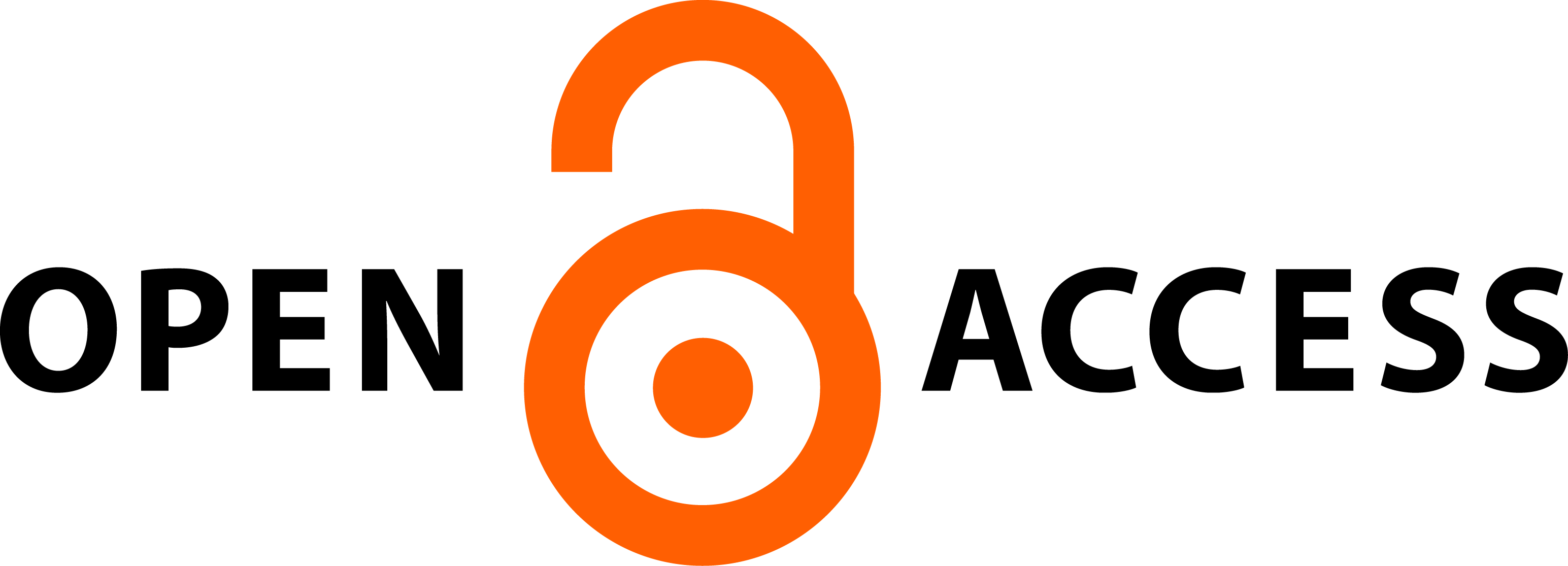Komponen Kebutuhan Hidup Dalam Regulasi Upah Minimum Perspektif Maqasid Al-Shariah
DOI:
https://doi.org/10.21154/muslimheritage.v1i1.380Keywords:
life necessities, maqa>sid al-shari>’ah, regulation of salaryAbstract
Abstract: The provisions of minimum wage in Indonesia have been changing four times in the last few decades in line with the changes in the components of life needs referred. In fact, there are many life needs that previously were considered as trivial but they have now become important and should be referred to in setting the minimum wage. In Islam there are five sectors of human needs as established in the discourse of maqasid al-sharÄ«'ah. Each sector is ranked into three levels, namely á¸arÅ«rÄ«yah, ḥajÄ«yah, and taḥsÄ«nÄ«yah. This study examines how the components of life needs have been referred by the regulation of the minimum wage from the viewpoint of maqasid al-sharÄ«'ah. This study came to the conclusion that the development of life needs used as guidelines in determining minimum wage levels has met the demands of life needs as intended by maqasid al-sharÄ«’ah. Most of the components of decent living (KHL) occupy levels of á¸arÅ«rÄ«yah and ḥajÄ«yah, and very few are classified as taḥsÄ«nÄ«yah. The enhancement of quantity and quality of the components proven the attention to the level of life needs sequentially from á¸arÅ«rÄ«yah level, the ḥajÄ«yah, then the taḥsÄ«nÄ«yah level. These changes indicate the change of law in accordance with the demands of the circumstances.
Abstrak: Komponen kebutuhan hidup yang dijadikan acuan dalam penetapan upah minimum di Indonesia telah mengalami perubahan sebanyak 4 kali. Perubahan ini terjadi karena menyesuaikan perkembangan kebutuhan dahulu dianggap sepele namun kini menjadi penting. Dalam Islam ada 5 unsur pokok kebutuhan manusia yang harus dipenuhi atau yang dikenal dengan istilah maqasid al-sharÄ«’ah. Kelima unsur pokok maqasid al-sharÄ«’ah ini terbagi mejadi 3 kategori yakni á¸arÅ«rÄ«yah, ḥajÄ«yah, dan taḥsÄ«nÄ«yah. Penelitian ini mengkaji bagaimana komponen kebutuhan hidup dalam regulasi upah minimum perspektif maqasid al-sharÄ«’ah. Penelitian ini memberi kesimpulan bahwa perkembangan kebutuhan hidup yang dijadikan pedoman dalam penentuan upah minimum telah memperhatikan tingkatan kebutuhan hidup. Sebagian besar komponen KHL ada pada wilayah á¸arÅ«rÄ«yah dan ḥajÄ«yah, sedikit sekali yang tergolong taḥsÄ«nÄ«yah. Penambahan kuota komponen serta peningkatan kualitas komponen menjadi bukti bahwa adanya perhatian terhadap tingkatan kebutuhan dimulai dari yang á¸arÅ«rÄ«yah dulu baru kemudian yang ḥajÄ«yah baru disusul yang taḥsÄ«nÄ«yah. Perubahan ini menunjukkan adanya perubahan hukum sesuai dengan perkembangan situasi.
Downloads
Published
Issue
Section
License
Requirements to be met by the author as follows:
- Author storing copyright and grant the journal right of first publication manuscripts simultaneously with licensed under the Creative Commons Attribution License that allows others to share the work with a statement of the work's authorship and initial publication in this journal.
- Authors can enter into the preparation of additional contractual separately for non-exclusive distribution of a rich version of the journal issue (eg:post it to an institutional repository or publish it in a book), with the recognition of initial publication in this journal.
- Authors are allowed and encouraged to post their work online (eg, in institutional repositories or on their website) prior to and during the submission process, because it can lead to productive exchanges, as well as citations earlier and more severe than published works. (see The Effect of Open Access).

















